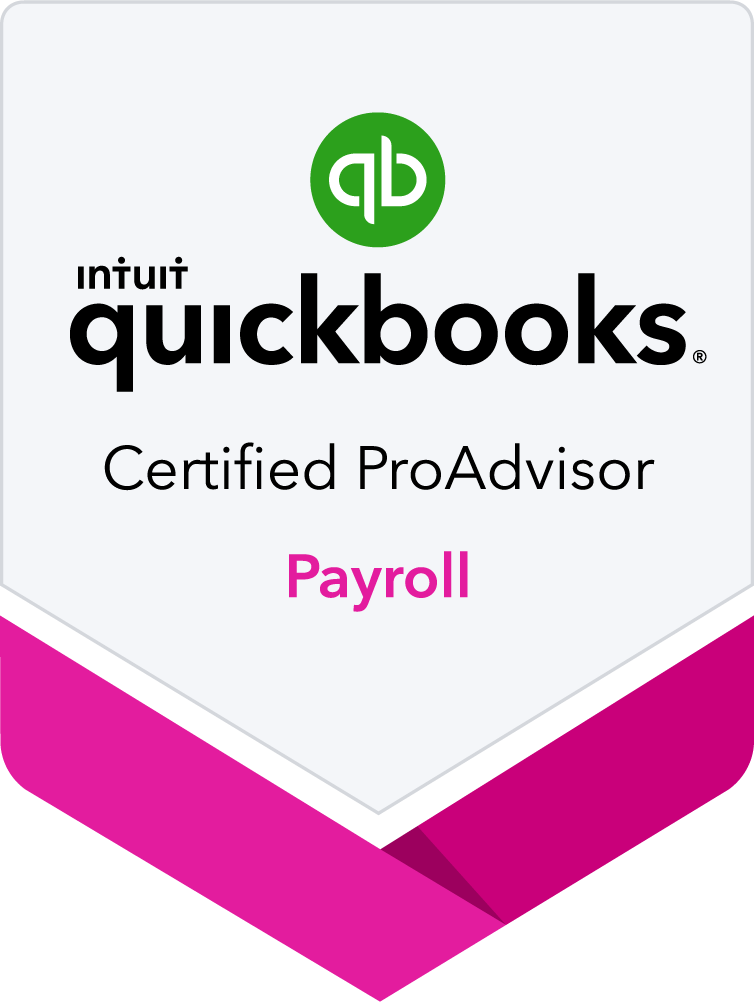Bookkeeping serves as the bedrock of financial management, providing businesses with a clear view of their fiscal health. From facilitating informed decision-making to ensuring compliance with tax regulations, accurate financial records are indispensable. In this article, we’ll explore some tried-and-tested best practices for bookkeeping, empowering businesses to maintain precision in their accounting processes.
Keep Receipts: Among the fundamental tenets of bookkeeping is the diligent retention of receipts. Each transaction should be accompanied by a corresponding receipt, serving as tangible evidence of expenses. Organizing and securely storing receipts not only aids in tracking expenses but also bolsters accuracy in financial recording, pivotal for tax compliance purposes.
Reconcile Bank Statements: Regular reconciliation of bank statements stands as another cornerstone of effective bookkeeping. By comparing business records with bank statements, discrepancies and errors can be swiftly identified and rectified. This practice not only safeguards against fraudulent activities but also ensures the integrity of financial data.
Utilize Accounting Software: Embracing accounting software emerges as a game-changer in modern bookkeeping practices. These robust platforms streamline tasks, automate processes, and furnish real-time access to financial information. With a plethora of options available, businesses can select software tailored to their specific needs, enhancing efficiency and accuracy in financial management.
Create a Chart of Accounts: A well-structured chart of accounts lays the foundation for organized financial recording. This comprehensive list of accounts categorizes transactions, facilitating systematic recording and analysis of financial data. A standardized chart of accounts simplifies the bookkeeping process, empowering businesses to glean valuable insights from their financial records.
Separate Business and Personal Expenses: Maintaining a clear demarcation between business and personal expenses is paramount for accurate bookkeeping. Co-mingling funds can muddle financial records, complicating expense tracking and potentially triggering tax complications. Employing separate bank accounts and credit cards for business transactions fosters clarity and compliance.
Regularly Review Financial Reports: Regular review of financial reports serves as the culmination of diligent bookkeeping practices. These reports offer a snapshot of a business’s financial standing, enabling informed decision-making and performance monitoring. By routinely scrutinizing financial reports, businesses can identify trends, pinpoint areas for improvement, and chart a course towards financial prosperity.
In Conclusion: Accurate financial records are the cornerstone of sound business management. By adhering to best practices for bookkeeping, businesses can streamline their accounting processes, ensure compliance with regulations, and foster informed decision-making. From meticulously retaining receipts to leveraging cutting-edge accounting software, each practice contributes to a robust financial infrastructure. Embrace these best practices, and pave the way for financial clarity and success in your business endeavors.







